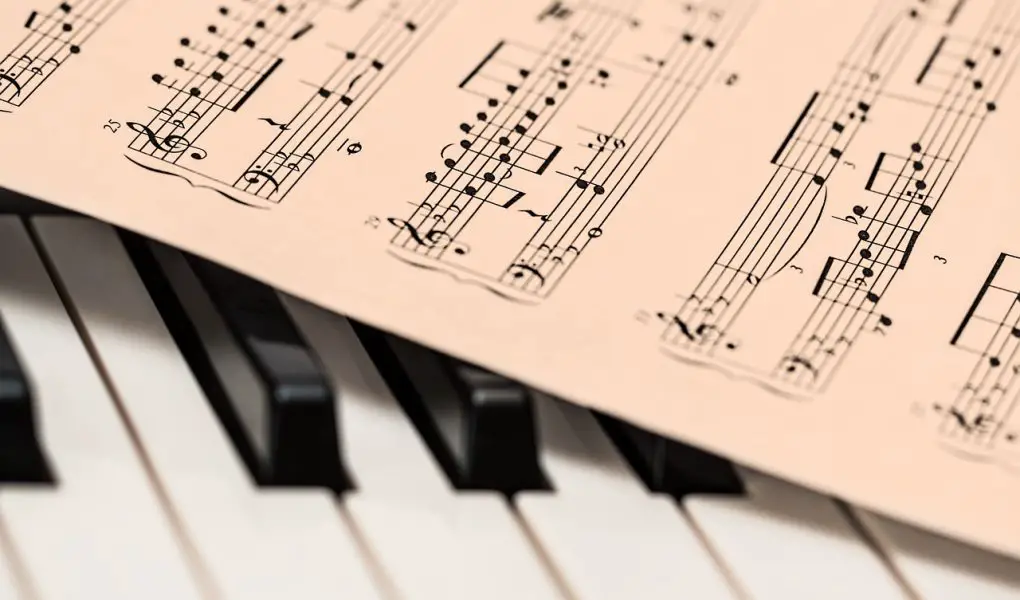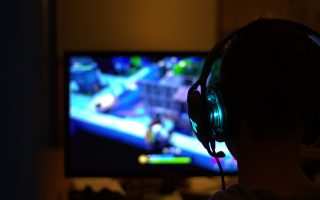Songwriting and lyricism are often considered a form of art that requires creativity, inspiration, and a unique perspective.
However, even the most talented songwriters sometimes find themselves facing writer’s block or struggling to come up with fresh ideas.
In these situations, leveraging AI-powered tools like ChatGPT can be a game-changer. ChatGPT is a language model developed by OpenAI, and its natural language processing capabilities make it an excellent tool for generating creative content, including song lyrics.
In this tutorial, we will explore how you can use ChatGPT to enhance your songwriting process and unlock new creative possibilities.
Table of Contents:
- What is ChatGPT?
- Getting Started with ChatGPT
- Using ChatGPT for Songwriting
- Generating Lyric Ideas
- Enhancing Existing Lyrics
- Exploring Different Styles and Genres
- Refining and Polishing Your Lyrics
- Using ChatGPT Responsibly
- Conclusion
1. What is ChatGPT?
ChatGPT is an advanced language model based on the GPT-3.5 architecture developed by OpenAI. It has been trained on a vast amount of data from the internet, making it capable of generating human-like responses to given prompts.
The model has been fine-tuned using reinforcement learning from human feedback, resulting in an impressive ability to understand and generate coherent text across a wide range of topics.
2. Getting Started with ChatGPT.
Before we dive into using ChatGPT for songwriting, let’s quickly go over the steps to get started:
- Access ChatGPT: Visit the OpenAI website (https://www.openai.com) to access the ChatGPT interface.
- Understand the Interface: The ChatGPT interface consists of two parts – the user input area and the model’s response area. You can enter your prompts in the input area and view the generated text in the response area.
- Experiment with Prompts: Start by entering a prompt related to songwriting or lyricism. The model will use this prompt to generate a response.
- Iterate and Refine: Experiment with different prompts, tweak the input, and iterate to get the desired output.
3. Using ChatGPT for Songwriting.
Now that we are familiar with the basics, let’s explore how ChatGPT can be a valuable creative tool for songwriting and lyricism.
Generating Lyric Ideas.
One of the most challenging aspects of songwriting is generating fresh and engaging ideas.
ChatGPT can help you overcome this challenge by providing a wealth of ideas and inspiration. Here’s how:
- Prompt-based Generation: Begin by providing a prompt that sets the context or theme for your lyrics. For example, you can start with a prompt like “Write a chorus about love and resilience.” ChatGPT will then generate a response with lyric ideas that align with the given theme.
- Exploring Different Perspectives: ChatGPT can simulate various perspectives and voices. If you’re looking to write from a specific character’s viewpoint or explore a unique narrative, you can ask ChatGPT to generate lyrics as if it were that character. This can bring fresh insights and add depth to your songwriting.
Enhancing Existing Lyrics.
Sometimes, you might already have a set of lyrics but feel like they need refinement or additional lines. ChatGPT can assist in this process:
- Collaborative Refinement: Share your existing lyrics with ChatGPT and ask for suggestions or alternative lines to improve them. The model’s ability to understand context and generate coherent text can provide valuable input for refining your lyrics.
- Rhyme and Meter Assistance: If you’re struggling to find the right rhyme or maintain a consistent meter in your lyrics, ChatGPT can be a useful resource. You can provide a couplet or a line, and ChatGPT can help you find rhyming words or suggest adjustments to maintain the desired meter.
Exploring Different Styles and Genres.
ChatGPT’s versatility allows you to experiment with different styles and genres, enabling you to break free from creative constraints:
- Genre-specific Lyrics: Want to write a country song? Or perhaps a catchy pop tune? ChatGPT can generate lyrics in various styles and genres. Specify the desired genre in your prompt to receive lyrics that match your chosen style.
- Cross-genre Fusion: Combine multiple genres to create a unique sound. Ask ChatGPT to generate lyrics that blend elements from different genres, opening up endless possibilities for experimentation.
4. Refining and Polishing Your Lyrics.
While ChatGPT can be an invaluable tool for generating ideas and expanding your creative boundaries, it’s essential to refine and polish the lyrics yourself.
Here are a few tips to ensure the final output reflects your unique voice and vision:
- Selective Incorporation: Use ChatGPT’s generated lyrics as a source of inspiration rather than directly adopting them. Select the lines or phrases that resonate with you and refine them to match your intended style and message.
- Editing and Iteration: Treat the generated lyrics as a starting point. Edit and iterate upon them to align with your artistic sensibilities. Experiment with different arrangements, word choices, and structures to refine your lyrics further.
- Personal Touch: Inject your personal experiences, emotions, and unique perspectives into the lyrics. This personal touch will infuse your song with authenticity and resonate with listeners on a deeper level.
5. Using ChatGPT Responsibly.
While ChatGPT is a powerful tool, it’s crucial to use it responsibly and understand its limitations:
- Avoid Plagiarism: Do not directly copy lyrics generated by ChatGPT without proper attribution or permission. Plagiarism is unethical and can lead to legal consequences. Use the generated lyrics as a starting point for your own original work.
- Maintain Originality: Strive for originality in your songwriting. While ChatGPT can provide valuable insights and suggestions, aim to create something unique and authentic that reflects your artistic vision.
- Balance Human Input: While ChatGPT can assist in generating ideas and enhancing lyrics, remember that it is an AI tool. Incorporate your creativity, emotions, and personal touch to ensure the lyrics truly represent you as an artist.
6. Conclusion.
ChatGPT opens up exciting possibilities for songwriters and lyricists, helping to overcome creative blocks and explore new avenues of expression.
By leveraging its natural language processing capabilities, you can generate lyric ideas, enhance existing lyrics, and experiment with different styles and genres.
However, it’s essential to remember that ChatGPT is a tool to support your creative process, and the final output should reflect your unique voice and vision.
Use it responsibly, refine the generated lyrics, and infuse them with your personal touch to create compelling songs that resonate with your audience.
Now that you understand how ChatGPT can be a valuable creative tool for songwriting and lyricism, it’s time to unleash your imagination and start crafting amazing songs.
Happy writing!





